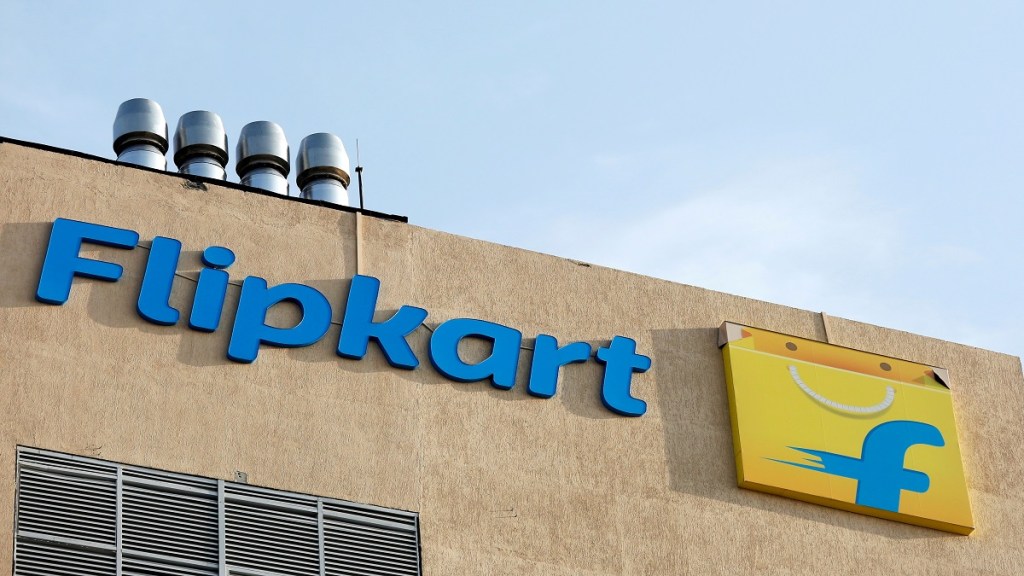Walmart-owned Flipkart is planning to enter the quick commerce delivery business soon, and will launch its services in around 20 cities in the next few months, according to people familiar with the matter. Once the services are rolled out, the e-commerce major will directly compete with the likes of Zepto, Zomato’s Blinkit and Swiggy’s Instamart.
When contacted, a company spokesperson did not explicitly confirm the development, but said that that over the past few months, it has made several investments to enhance its delivery capabilities, including adding same-day delivery in 20 cities, covering mobiles, essential items, electronics, home appliances, fashion, books and lifestyle products.
This will be Flipkart’s second attempt to grow big in the quick commerce space after it decided to scale down its Flipkart Quick offering in the late 2022.
The development comes at a time when orders on quick commerce platforms have doubled over the last year, and now accounts for 40%–50% of India’s e-grocery spend, a report by Bain & Company noted, adding that leading players in this space have improved unit economics through a combination of scale, average order value growth, higher order density, and value-added fees.
Although these platforms had initially started with a focus on quick grocery delivery, soon they expanded their categories to beauty and personal care, electronics, kitchen appliances, health and wellness, stationery, and cleaning supplies – closing the gap with e-commerce platforms such as Amazon and Flipkart. Blinkit is so far leading in terms of category expansion with its on-demand printing, books and toy stores.
While the quick commerce market is much smaller than the $60-billion e-commerce market in India, the majority of it is captured by the top three players – Blinkit, Zepto and Instamart. Bain’s report further adds that the e-commerce market in India is estimated to grow by 17%–20% between 2022-2023, which is slower than the 25%–30% historic growth rate.
“The short-term dip was driven by inflationary pressures. This pinched the consumer wallet and eroded consumer sentiment, thereby deferring or reducing discretionary spending,” it said.
Although the quick commerce platforms had started off with 35-40 minute delivery, within a couple of years, Blinkit started delivering in six to seven minutes, while Zepto also stuck to its 10-minute deadline. With more customers drawn by the convenience of delivery within minutes, Blinkit has grown its number of orders from 22.2 million in Q1FY23 to 55.8 million in Q3FY24.
In terms of sales, Blinkit, acquired by Zomato in August 2022, reported a revenue of Rs 644 crore in the December quarter of this fiscal, compared to Rs 301 crore in the year-ago quarter. As for Zepto, its topline growth has been remarkable. The startup recorded a sales growth of nearly 14x to Rs 2,024 crore in FY23, compared to Rs 142.36 crore generated in FY22.
However, none of the quick commerce players are profitable. While Zepto’s losses widened to Rs 1,272 crore in FY23 from Rs 390 crore in the previous year, Swiggy’s losses stood at Rs 4,179 crore, compared to a loss of Rs 3,629 crore in FY22. Blinkit is now trying to get closer to a breakeven by the first quarter of FY25, after its losses widened to Rs 1,190 crore in FY23 from Rs 1,021 crore earlier.

